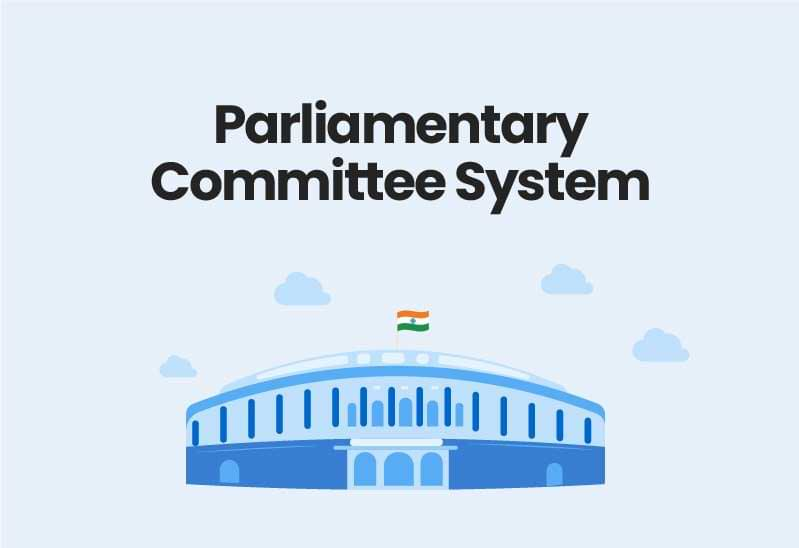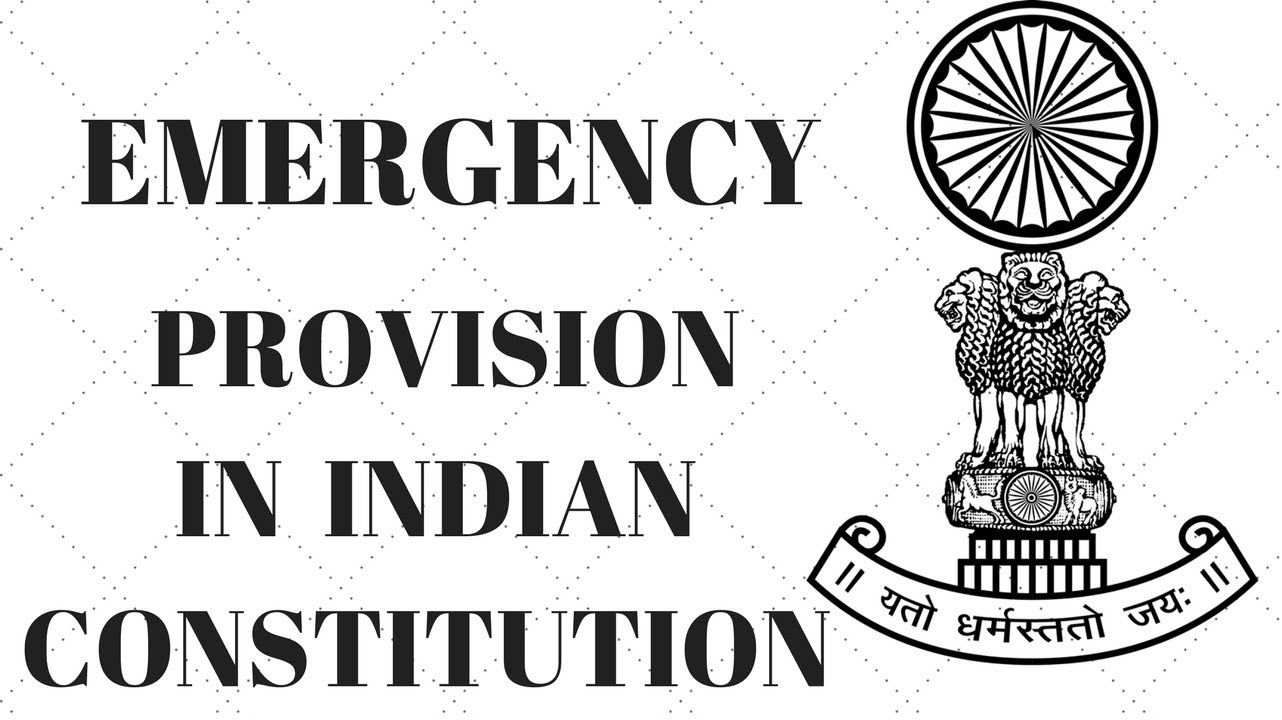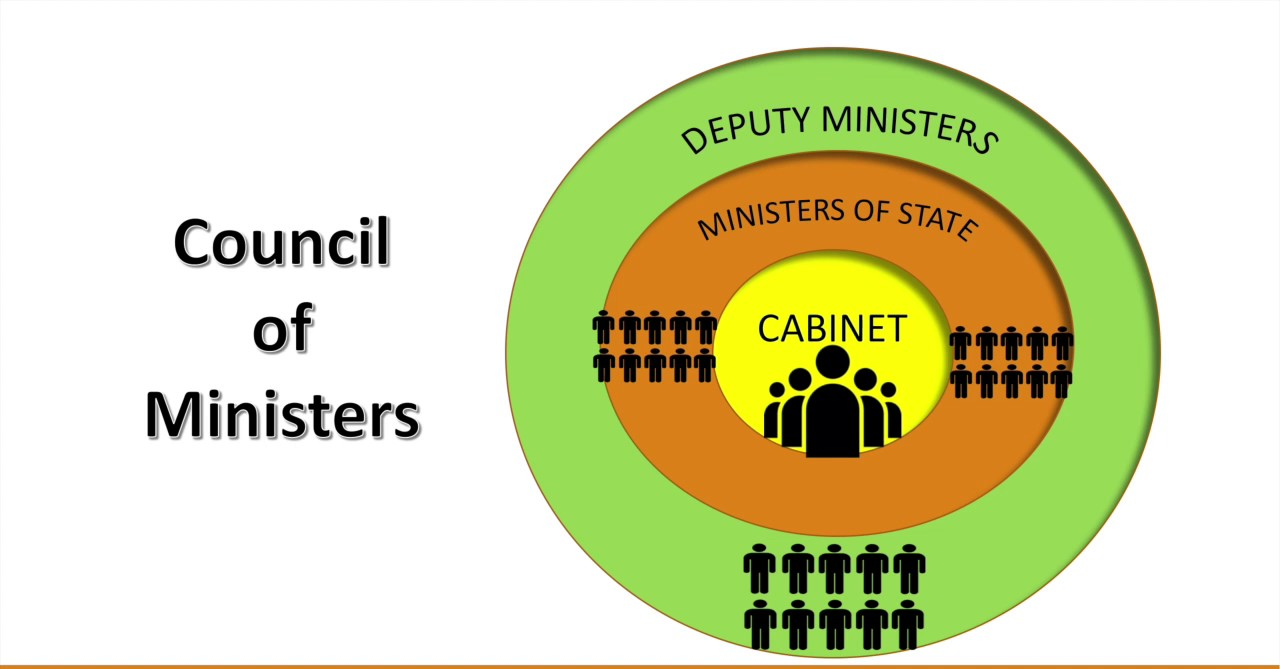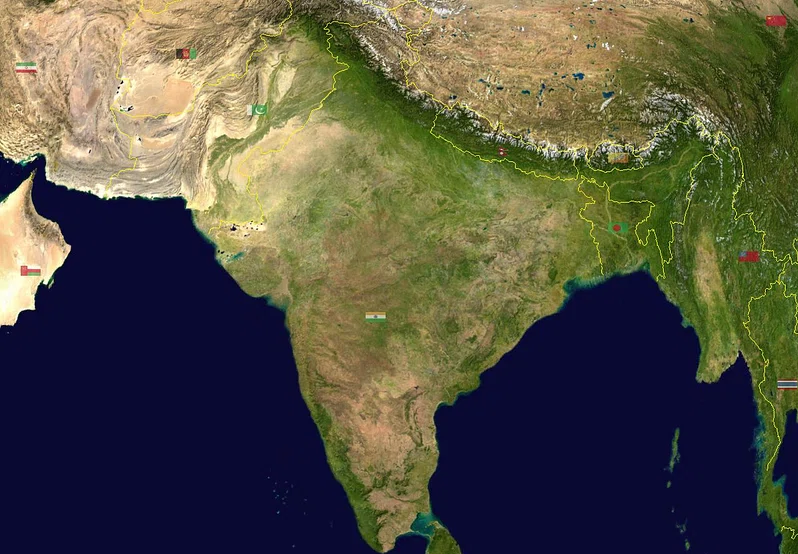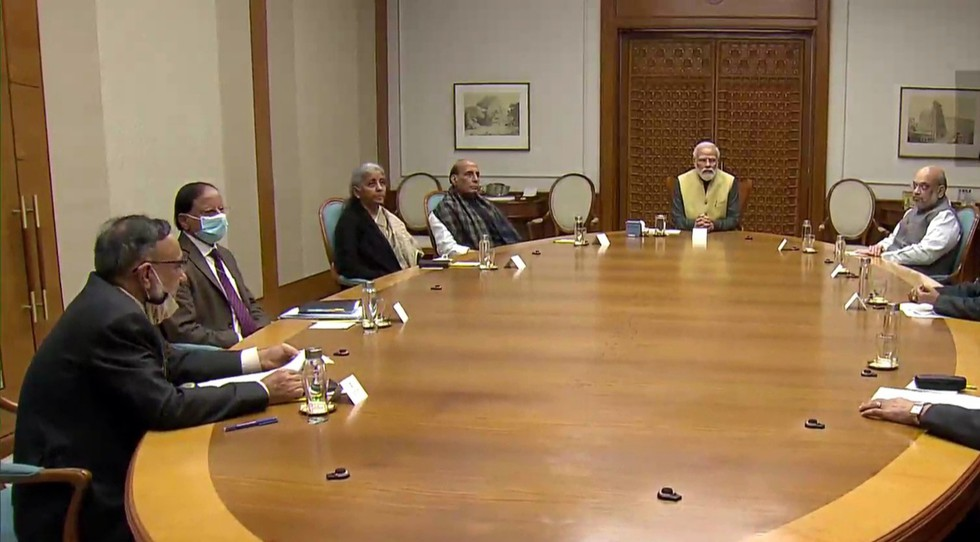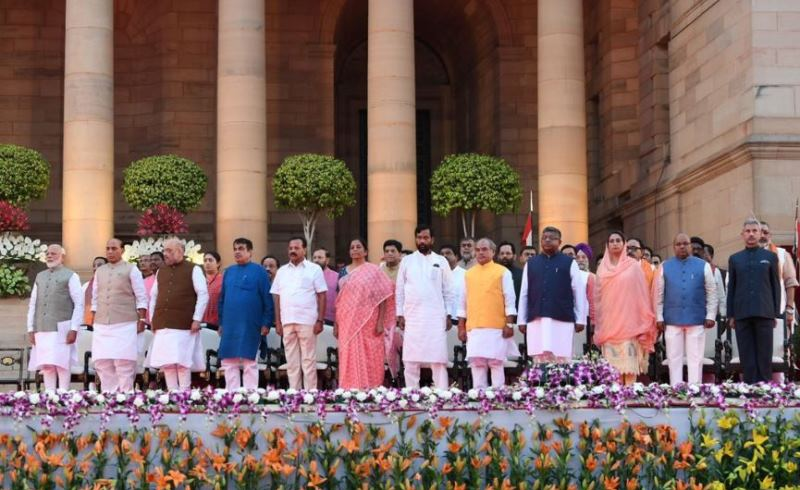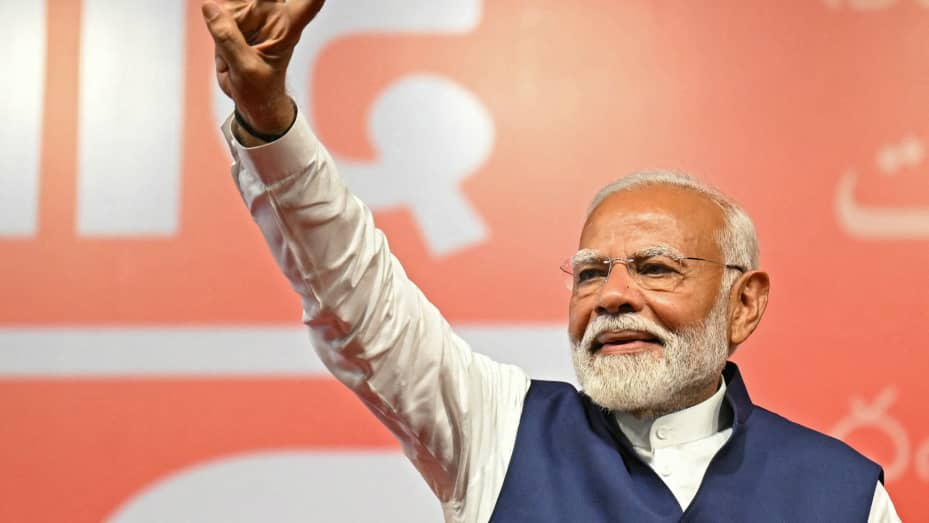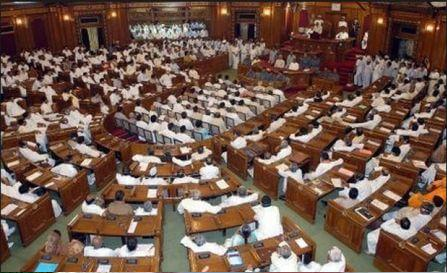THE TOBACCO EPIDEMIC IN INDIA
SYLLABUS: GS 2: Major crops-cropping patterns in various parts of the country, – different types of irrigation and irrigation systems storage, transport and marketing of agricultural produce and issues and related constraints; e-technology in the aid of farmers. Focus: Tobacco causes a wide range of diseases and affects those consuming it as well as those …
Read More
